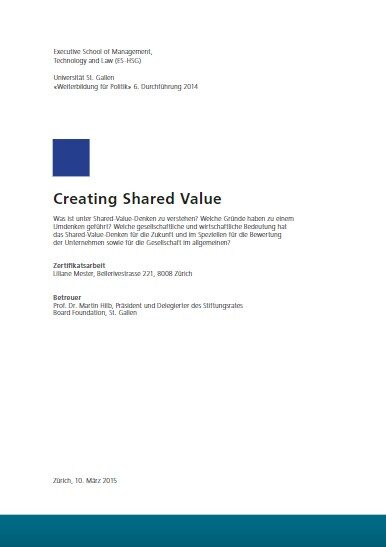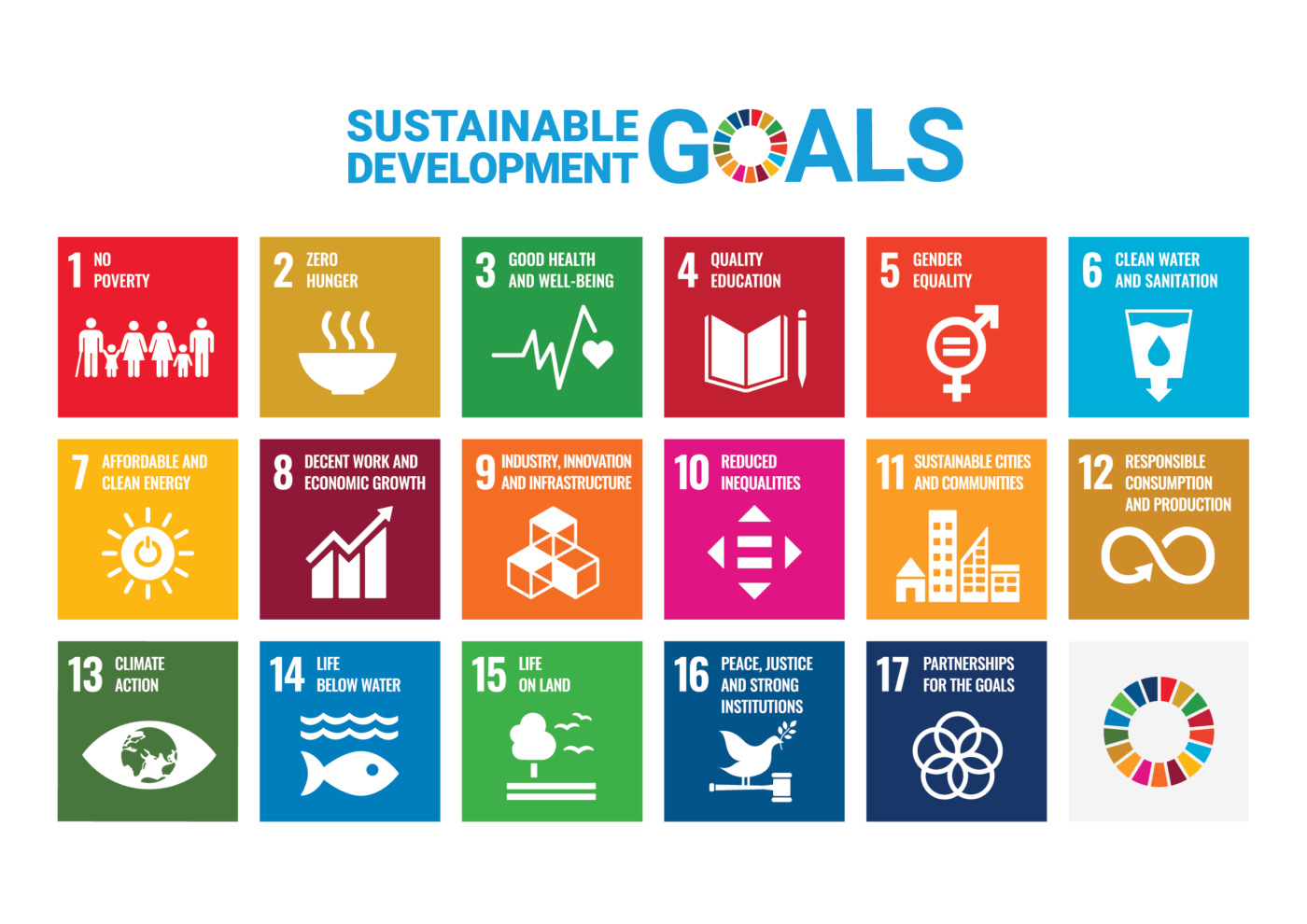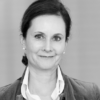
Creating Shared Value
Linking economic and social values

One-sided regulations have no value in a complex environment. Silo thinking must be overcome, especially for issues of global scale. Without a set of sound, measurable and verifiable (!) indicators, efforts towards environmentally neutral and socially acceptable measures remain a question of interpretation.
Storytelling alone isn’t enough any longer
Analysts dealing with Integrated Reporting see business activities based on Creating Shared Value (CSV) as part of the former storytelling phase. It’s true, a lot can be told. What is more decisive, however, are measures that have a traceable and measurable impact on the use of limited resources as well as a positive effect on the communities and local societies directly associated with production. In the future, measurability - experts speak of materiality - and thus meaningful, substantial and traceable parameters will be relevant.
Cooperation as a basis for shared values
Let's look back at the emergence of the term "Creating Shared Value". It was Freer Spressy, International Consultant for Social Auditing, who in 1981 spoke about social responsibility for enterprises in the pamphlet "Social Audit - A Management Tool for Co-operative Working". He questioned the definition of business success. As companies are primarily committed to shareholders, the amount of the dividend is the sole criterion. He contrasts this with those costs that the company causes directly or indirectly through its economic activities within society and the environment and which are not considered in the income statement.
The "Our Common Future" report published by the UN Commission in 1987 is regarded as an achievement in sustainability development. Named after the Norwegian Prime Minister and former Environment Minister, Gro Harlem Brundtland, the Brundtland Report stands for long-term, sustainable and environmentally friendly development worldwide until 2000 and beyond. After four years of work, the UN Commission of Experts - a body of 23 representatives of politics, business, and science - was able to present the report. Prior to this, exchanges were sought with government representatives, the business and scientific communities, and the media. Core topics are sustainable development and a comprehensive understanding of an integrative approach.
Finally, Michael E. Porter and Mark R. Kramer have popularized the term "Creating Shared Value." In their January 2011 publication "Creating Shared Value" in the Harvard Business Report, they highlighted the relevance for companies to improve economic with social conditions in the environment in which a company operates, thus increasing its competitiveness. They distinguished the understanding of “Creating Shared Value” (in short CSV) from the previously more common form of Corporate Social Responsibility (CSR) activities. This report was influenced by Nestlé's position as part of its global corporate strategy back in 2007, which defined a sustainable approach in the three focus areas of nutrition, water, and rural development. In 2008, Nestlé published a Creating Shared Value Report for the first time . Meanwhile, Nestlé has linked its shared value report to the 17 United Nations Sustainability Development Goals (SDGs).
Sustainability reporting understood globally
These defined sustainability goals were adopted by all UN member states in 2015 as a universal call to action with the aim of ending poverty, protecting the planet and ensuring that all people can live in peace and prosperity by 2030. The 17 SDGs take an integrative approach. Actions in one area affect results in another area. Developments around the world ultimately need to strike a balance between social, economic, and environmental sustainability.
Currently, the WEF is stating the UN Sustainability Goals : Despite the huge number of initiatives to improve and promote sustainable development that have been launched since the adoption of Agenda 2030 in 2015, a sustained funding gap of $2.5 trillion annually stands in the way of the goals. By entering the decade of action and delivery, the international community has committed itself to making the promises a reality, with progress being very slow in many areas. To finance the Agenda 2030, 3% of global GDP must be spent on SDGs. The Global Future Council (GFC) for Development Financing is one of 38 bodies set up by the World Economic Forum. Here, the members are mainly financial experts with experience in public, private and development finance, who take on this task.
Need to think holistically, plan for the long term and act in a multi-disciplinary manner
Most people agree that we need to move forward quickly. Fortunately, the pressure from the consumer side is also getting stronger and stronger. In this sense, the Edelman Trust Report 2020 (1) shows a positive result: Based on six questions about a brand's behavior on socially and politically relevant issues, 64% of respondents said they made their purchase decision based on whether the company acted in their best interests, otherwise they would switch to another brand. According to the latest Edelman Trust Report figures, the greatest trust is placed in family-run companies (67%), privately held companies (60%), listed companies (58%) and state-run companies (52%).
It is possible that it is owner-managed companies - which are long-term oriented in their self-image - that can strive forward more consistently and faster here. Communicating such role models will help inspire and take other companies on the path. Role models and drivers of this development will be innovative, forward-looking companies that adopt a value-oriented, holistic, and integrated approach, aligned with the UN SDGs.
For example, Simona Scarpaleggia, Head of Initiative " Global Future of Our Work " at Ikea - she was a guest speaker at the MarCom event on Tuesday 28 January 2020 - said that companies will be measured in the future by what they leave behind.
(1) Results of the Edelman Trust Report 2020 are based on an online survey conducted from 19 October to 18 November 2019 in 28 markets, including the USA, Germany, France, Russia, and China, With more than 34’000 respondents.
For more information: Creating Shared Value (certificate paper of 31.01.2020) "Combining economic and social values".

Need to think holistically, plan for the long term and act in a multidisciplinary manner (proof of the cover image: Unplash - Helena Lopez)


